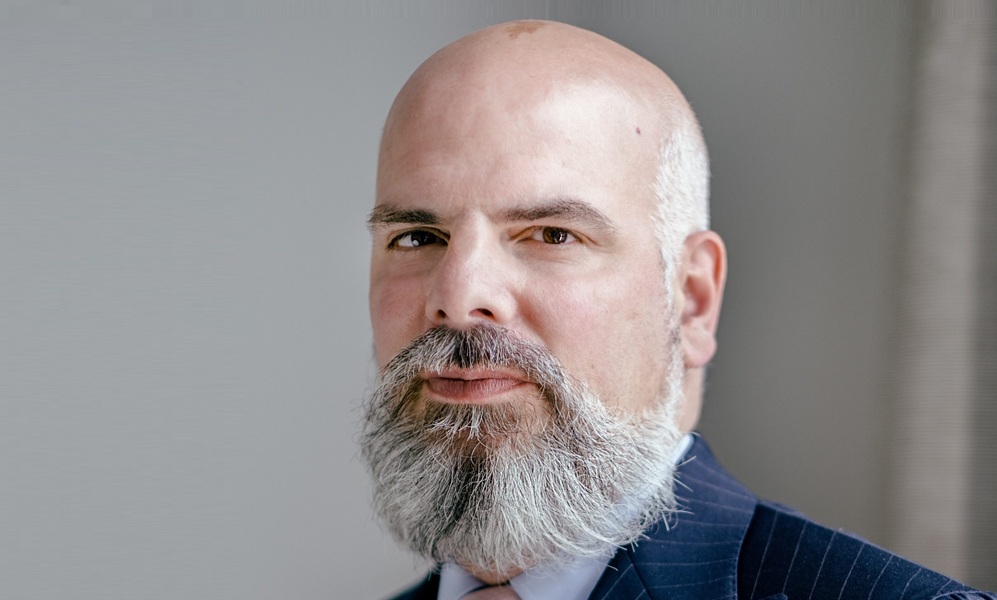Jasper Haak (AF Advisors): Monday morning quarterbacking

This column was originally written in Dutch. This is an English translation.
By Jasper Haak, Partner at AF Advisors
The American football season has started again. A well-known expression in that sport is Monday morning quarterbacking. This means that it is always easy to think of what the best decision would have been after the event. A mixture of “hindsight is 20/20” and “armchair experts”. On Mondays, most of the matches have been played and the experts come out of the woodwork, knowing exactly what should have been done better.
The same applies to the Dutch pension sector. Few people could have foreseen all the crises of recent years: the financial crisis, the coronavirus pandemic, negative interest rates and the sudden surge in inflation. Perhaps one or two investment experts saw some of these developments coming, but certainly not all of them. It is not just a matter of being right about market developments, but above all of getting the timing exactly right. That is precisely the most difficult part. Personally, I believe that share valuations have been too high for many years. If I had acted on that and not invested for years, I would have missed out on excellent returns or would have had to pay substantial option premiums to hedge my position. Ultimately, the adage applies: “Time in the market beats timing the market”.
Nevertheless, there are always plenty of “experts” who think they know better than the pension fund boards that had to make difficult decisions under these market conditions. “American mortgage debts were clearly unsustainable, weren't they? A pandemic was looming, wasn't it? Everyone knew that interest rates could turn negative, didn't they? And war always leads to high inflation, doesn't it?” For those who were so sure of all this: show us the returns on your own investment portfolio. Because those who are really good at predicting and timing will quickly become rich, even with little start-up capital. It is more reminiscent of a test of clairvoyance than of investing.
The real challenge is to make portfolios robust and to keep thinking ahead about scenarios that could have a major impact. Robustness does not only mean optimising returns, but also ensuring diversification, sound risk management, low leverage and good liquidity management. Even when the investment horizon is long and there appears to be less need for diversification and liquidity in theory, robustness helps in exceptional market conditions.
Nasim Taleb goes one step further in his book Antifragile: Things That Gain from Disorder. Something that is “antifragile” actually thrives in chaos. He outlines a portfolio in which 80% to 90% is invested in ultra-safe investments, such as money market funds. The rest is invested in the riskiest investments, such as volatility funds, or opportunistic purchases of distressed debt during crises. The idea is that in calm times, returns are low, but during a crisis, the payoff can be enormous. In practice, it is somewhat similar to the old guarantee funds: combinations of zero-coupon bonds and options for extra return potential. But here too, it appears that average long-term returns often lag significantly behind, unless you can predict the future in advance.
And then there is one last question: how do you assess whether an investment policy has been adequate? That can only be assessed in the long term. Today, directors are judged on the choices made by their predecessors, and tomorrow their successors will be judged on theirs. In addition, it is difficult to choose a fair benchmark. A good benchmark is not one with perfect hindsight, nor one that does not take obligations into account. With all this complexity, the motto is: resist the temptation to engage in Monday morning quarterbacking.
